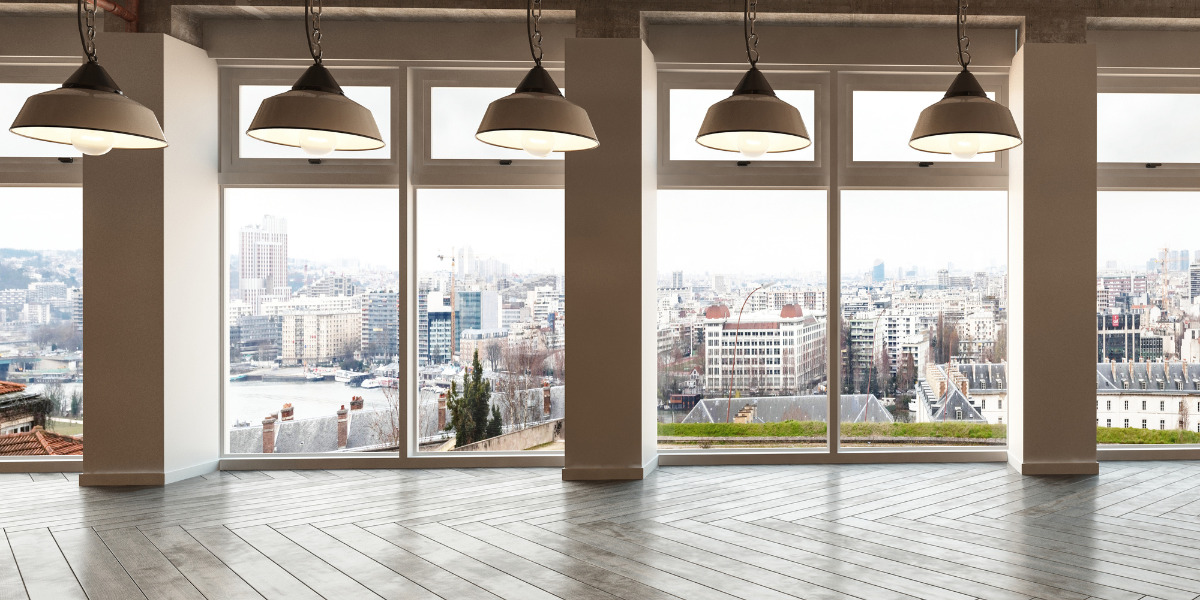For many commercial property tenants, you are expected to keep the property in good condition and ensure that any repairs are carried out. The extent of the potential repairs and ongoing upkeep will be outlined in the terms of your lease.
If the property is subject to any damages or defects due to the tenant breaching the lease terms, these damages are known as dilapidations. When this occurs, the landlord may decide to make a dilapidations claim.
If the landlord makes a dilapidations claim, they will be required to list the property damage and ask the tenants to make the appropriate repairs or bare the cost of them being repaired. Dilapidations claims can happen at any time during or at the end of a commercial property lease. For tenants, it is essential to check the terms of the lease for any dilapidations clauses before signing.
Click here to read about things to consider when entering a new commercial lease or buying an existing one.
What damages are considered dilapidations?
In most cases, landlords will expect their property to be in a similar condition when the commercial lease ends as when they leased the property.
Typical considerations to make relating to commercial property dilapidations might include:
- Removal of any fittings that have been installed during the lease.
Even if you see your fittings and alterations as an improvement, you may be required to remove them nevertheless at the end of your lease. If you plan to make such improvements, it is sensible to discuss this with your commercial landlord first.
- Ensuring any damage endured is fully repaired.
For any damage to the property, you are likely to be liable to cover the costs of or organise repair where appropriate.
- Upkeeping the property’s maintenance.
This is where commercial property leases typically differ from that of a residential nature. Many commercial property tenants will be responsible for necessary maintenance throughout the lease. This might include clearing the gutters or maintaining outside space.
- Decoration
Depending on the property type, there may be some specifics about how a tenant is expected to upkeep. For example, a landlord may outline how often a tenant is expected to decorate the property in the lease. This might be ‘paint every five years’.
Despite leases being in place to outline expectations for both landlords and tenants, it is common for disputes to arise surrounding dilapidations. However, there are a few considerations that both landlords and tenants can make to prevent these disputes from arising.
Dilapidations Advice: Landlords
- Ensure the lease is clear and includes all obligations.
When drafting your commercial lease, you should cover all basis where possible. This should include redecoration, repair, and other terms you deem suitable.
- Take photographs
The day before you lease your property, you should take pictures that cover all bases to ensure that, if any issues arise, you have proof (dated is preferable) of the original condition.
- Lease the property when it is in good condition.
If the property is leased when it is in good condition, there is less scope for issues relating to the condition of the property when the lease ends since any issues are more likely to result from the tenant.
- Stay in communication with your tenant.
Even if your tenant is responsible for making repairs as laid out in your lease, you should keep up to date with any repairs required to see that the work is done to the appropriate standard and that no issues are being neglected.
Dilapidations Advice: Tenants
– Be clear on the contents of your lease.
As with any contract, it is essential to fully understand the terms of the lease before entering into it, to ensure that you are aware of any responsibilities with repairs.
– Take photographs
As with the landlord, tenants should record the property’s condition to ensure that if there are any issues, you can keep track of any repairs or decorations made.
– Keep your landlord updated.
If anything breaks or you intend to make any amendments, you should keep your landlord updated. This way, they will feel more at ease, as they are kept in ‘the loop’. With that, you should always ask for permission for any work you are getting done. Ideally, this should be done in writing to ensure everything is clear.
– Look ahead for any issues that may arise.
When you are responsible for the upkeep of your commercial property, you will need to consider the costs that could be incurred. You should always set aside money for this, where possible, to avoid future disputes.
– Leave the property as you found it.
Unless discussed with the landlord otherwise, you should leave the property exactly as you found it to avoid facing dilapidations claims.
Commercial Property Solicitors London
At Gordons Partnership, our team of experienced commercial property solicitors can assist landlords and tenants in disputes relating to commercial property dilapidations.
We can also assist in lease negotiations (on behalf of both landlords and tenants).
To speak to a member of our professional team today, please call 020 7421 9421 (London) or 01483 451900 (Guildford). Alternatively, email your enquiry to sols@gordonsols.co.uk.
